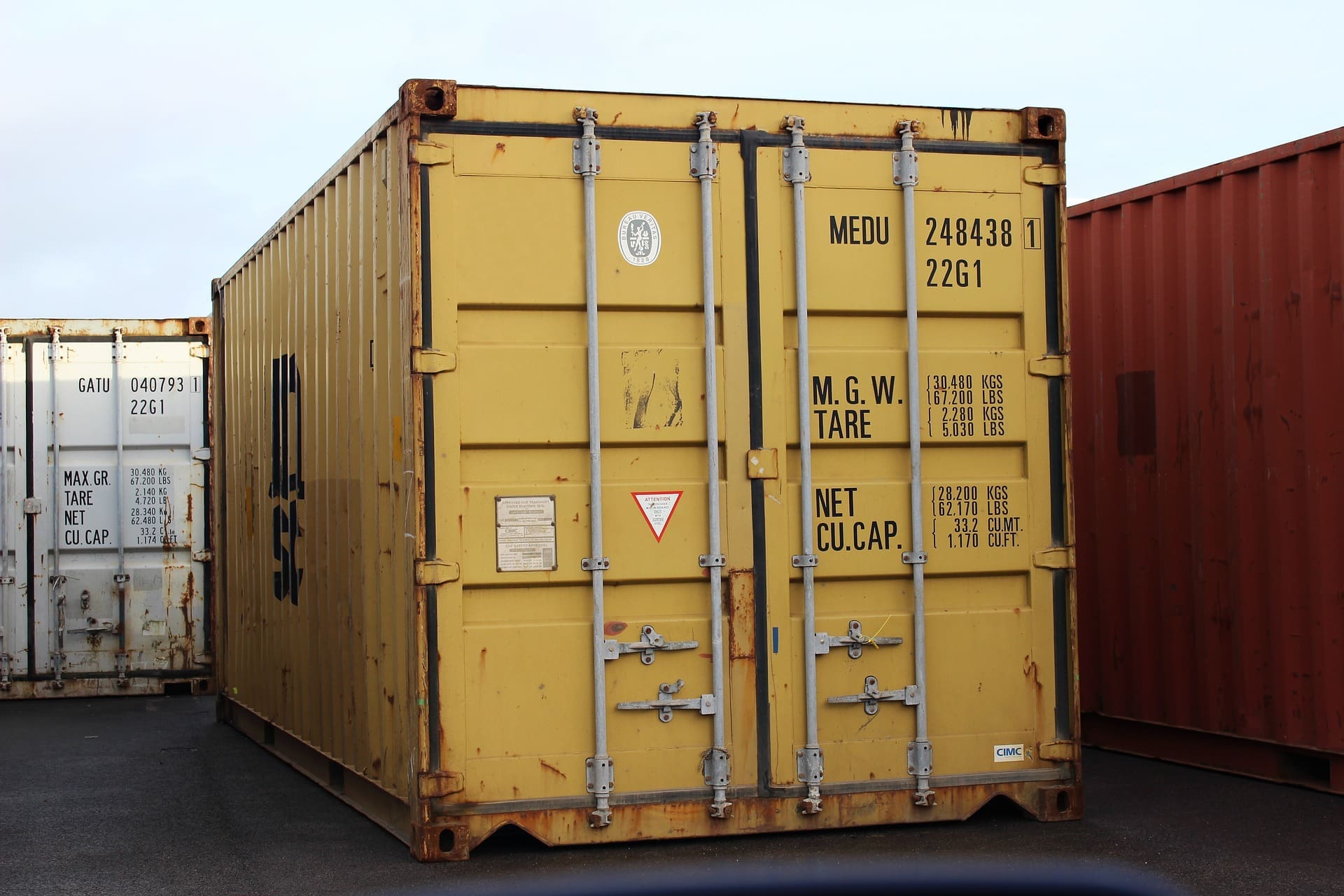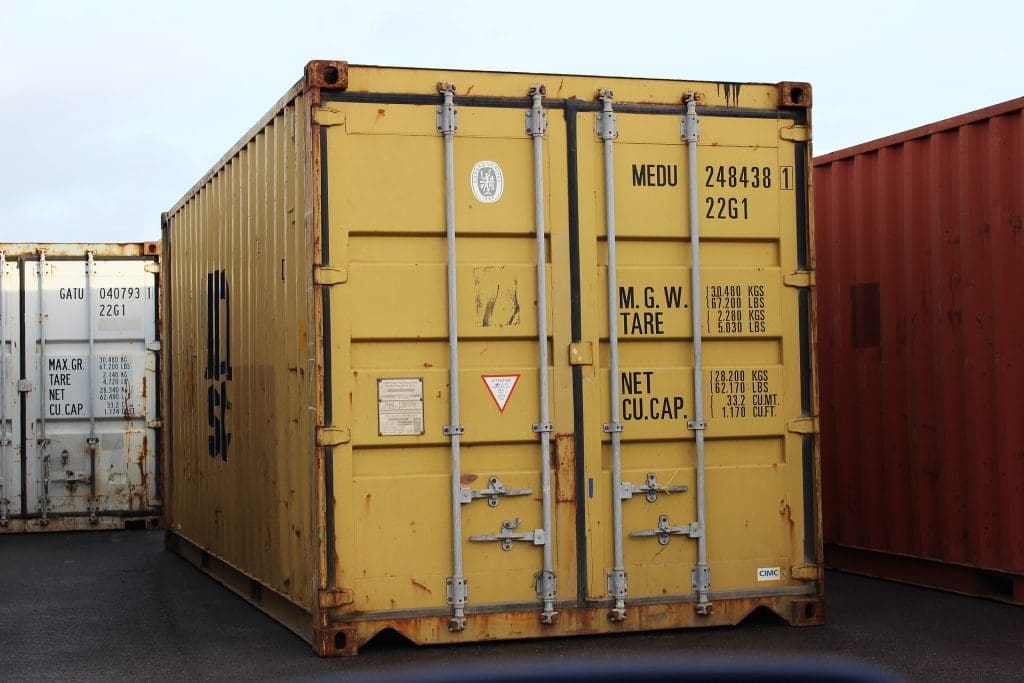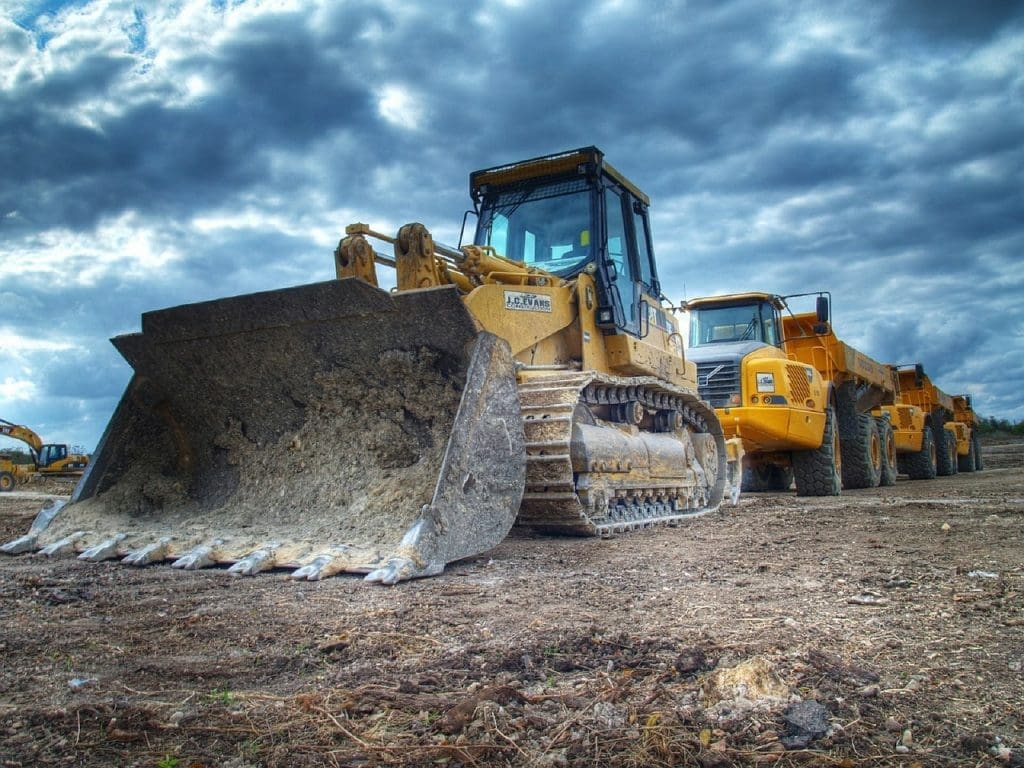

5 Tips for Renting a Trailer
I’m a big fan of the show “Gold Rush,” I wish I could get on some of those big machines and drive around moving dirt. Ever since I was kid playing with my big metal Tonka Trucks I have been fascinated by these big machines. Some of you are lucky enough to ride around in these big trucks everyday. If that’s you and you’re in the market check out our tips for renting trailer; from a flatbed trailer to move cargo and equipment for the tippers, dumps, and tankers that may be required for construction and landscaping jobs, having access to the right equipment and transportation solutions is of the utmost importance in performing your job.

Renting is a good option if you only need the equipment on a limited basis, but make sure to choose the right equipment for the job. From selecting the right type of trailer to ensuring that on-site parking and maneuverability issues won’t be a problem, a few helpful tips can help make finding the right option that much easier.
1. Selecting the Right Trailer Design, Configuration and Features
Commercial freight trailers feature a wide range of design styles and configurations. The load weight, type of cargo, and the manner in which it will be loaded or unloaded are all factors that need to be considered when selecting a trailer.
-
Flatbeds and Lowboys
Flatbed trailers are very common. While they lack an exterior cargo container, they are easy to load and versatile enough to handle a wide range of jobs. Lowboy trailers are very similar but feature a lower middle section in order to accommodate larger loads.
-
Tippers and Dumpers
These trailers are designed to facilitate loose unloading cargo such as gravel, dirt, or soil. Tippers and dumpers can vary drastically in terms of size, as well as the type of mechanism and performance options utilized when dumping or unloading.
-
Dry Vans and Refrigerated Trailers
Trailers that feature an enclosed cargo space are known as dry vans. Among the most common type of commercial trailers, dry vans are very similar to flatbeds in terms of their features and performance, although they provide cargo with greater protection from the elements. Refrigerated trailers use an insulated enclosure as well as refrigeration equipment in order to create a temperature-controlled environment.
2. Selecting the Right Trailer for the Job
It’s always best to consider the transport needs of a specific job prior to renting equipment. Trailers able to accommodate larger loads may help to reduce the number of trips involved and may provide a superior value despite a modest increase in rental fees. Tippers and dumpers may provide more efficient unloading, which may help to save on labor costs by eliminating delay that might otherwise bottleneck a job or project. Trying to make do with a trailer that is too small or a design that lacks key features may prove to be a costly misstep.


3. Scheduling and Timetables
Equipment availability is another issue that may need to be addressed. Making arrangements early on ensures that there are no last-minute surprises or complications. Arranging to keep a rented trailer for slightly longer than the projected work schedule or timetable helps to ensure that any delays that may crop up can be managed more easily. Waiting to source a trailer until the last minute often means greater expense and an increased risk that equipment availability or limited leasing options are more likely to cause problems.
4. On-Site Storage, Parking and Maneuverability
Access to the work-site, as well as having sufficient space to move and park a trailer, are both concerns that often go overlooked. Roads that are in no condition to handle a trailer, bridges that are not able to support the weight of a loaded trailer, and turns that are too tight could lead to no end of problems and complications. Assessing the work-site and setting aside the space needed to park, load, and store the trailer are also concerns that should not be left to chance.
5. Renting Versus Owning
Commercial and industrial equipment often comes with a hefty price tag. While purchasing a trailer outright may seem like a better value in the long run, leasing options typically provide greater convenience, flexibility, and affordability. Purchasing a trailer that may only see occasional use or that may be needed for a single job is rarely a smart move.
Conclusion: Tips for Renting a Trailer
I hope our tips for renting a trailer offers solid advice for a more convenient and cost-effective range of transport options and solutions. Assessing the work-site and available space, understanding the needs of a specific job site, and knowing where to find a trailer for rent that offers the right design features and options can all make an important difference. Enjoy your big toys and let us know how our tips helped out!



